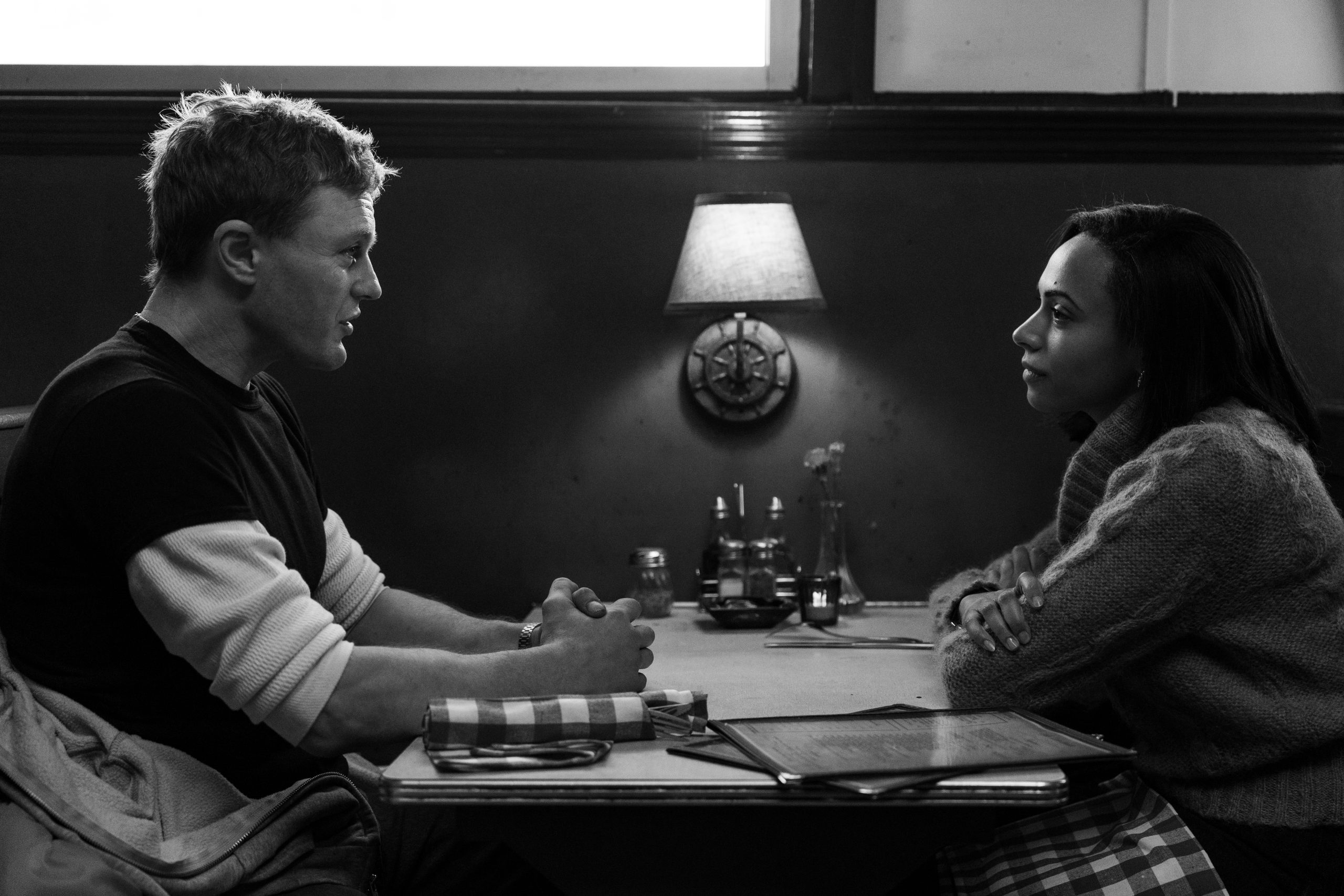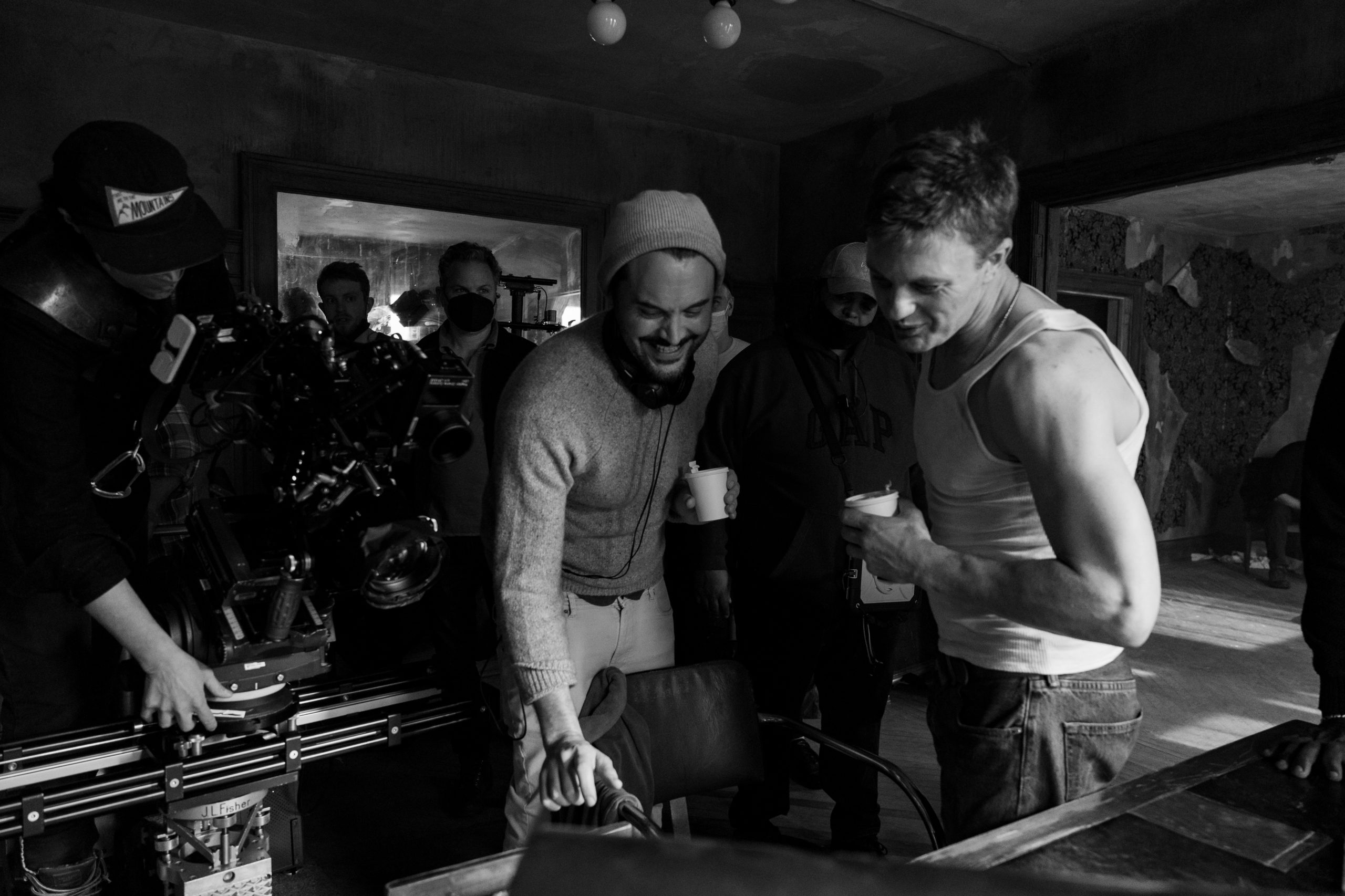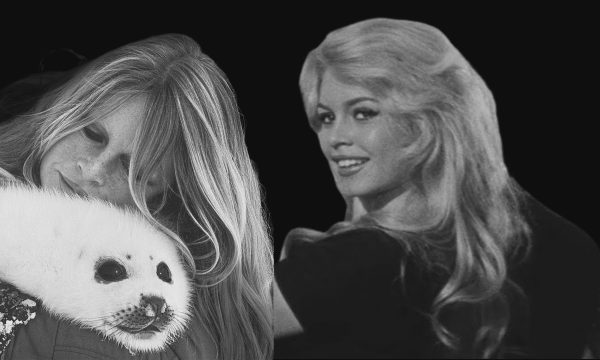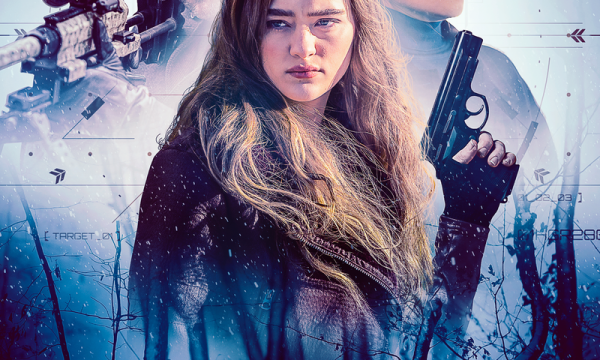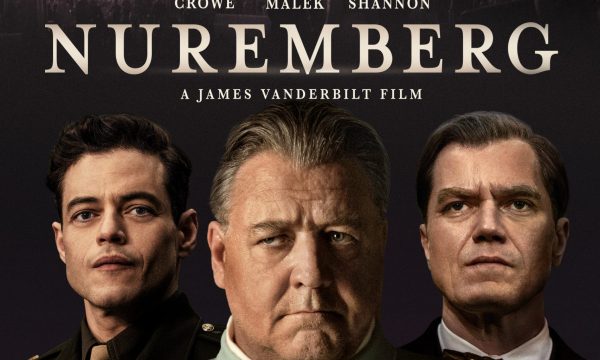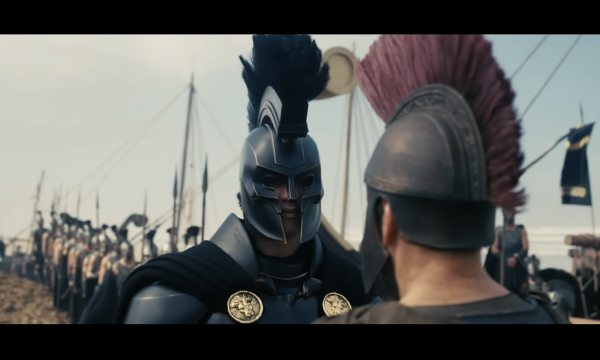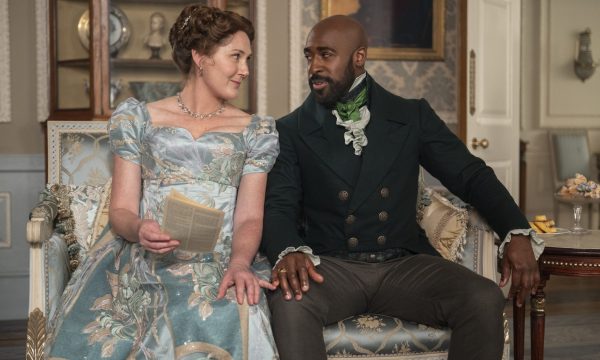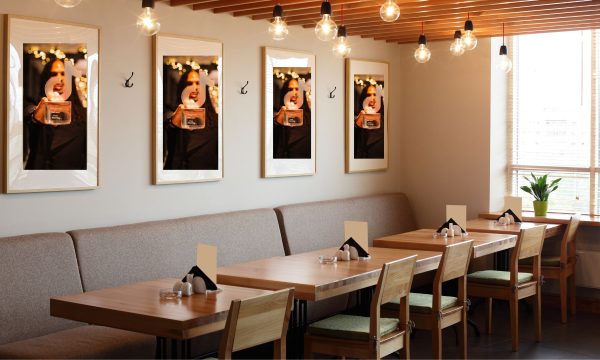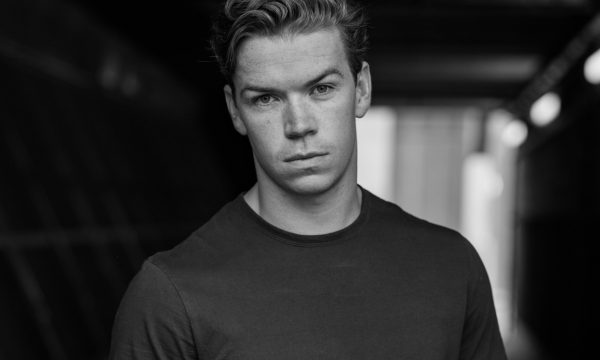With acclaimed roles in projects like HBO’s Boardwalk Empire, Ridley Scott’s House of Gucci, and Martin Scorsese’s The Irishman, Jack Huston has proven himself to be just as versatile as he is talented.
Now, he takes a bold step behind the camera with his directorial debut, Day of the Fight.
This emotionally gripping film not only marks Huston’s evolution as a storyteller but also reunites him with his Boardwalk Empire co-stars Michael C. Pitt and Steve Buscemi. Set against the backdrop of Brooklyn, Day of the Fight follows the redemptive journey of a once-celebrated boxer (played by Pitt) as he seeks to reclaim his life after prison. Huston’s meticulous direction and heartfelt screenplay have already garnered critical acclaim, including the prestigious “Breakthrough Director Award” at the Venice Film Festival.
In this LATF interview, Huston reflects on the challenges and triumphs of helming his first feature film, the joy of collaborating with a stellar ensemble cast that includes Joe Pesci and Ron Perlman, and his ultimate love for cinema. Join us as we dive into the mind of an artist whose creative vision has only just begun to unfold.
LATF: This directorial debut is outstanding, Jack. For your first time as a feature stepping behind the camera, what did you learn from this experience as a creator?
Jack Huston: To go with your gut, to not sacrifice your integrity for a buck, be willing to walk away. You know, I think that happens too much in today’s world. Too many visions are sacrificed and too many people are asked to relinquish a certain thing in exchange for something else. I believe that the art is very much the vision or how something is conceived. The conceptual aspect of something like this is so important that the minute you lose one thing, it’s a domino effect.
We had three very important things that I wouldn’t sacrifice. One is black and white, one is the period, and the third was Michael Pitt. Without any one of those, I think we wouldn’t have had the movie we’ve made right now. So I love what we made and I feel so inordinately proud of the movie and I know that everyone who was a part of the film feels the same way, which is lovely.

LATF: For those who watched Boardwalk Empire, this is a reunion of sorts. You have Steve Buscemi, obviously Michael C. Pitt, who you said you wouldn’t do the film without. When you wrote this, did you have Michael and Steve in mind from the start?
Jack Huston: Every word was written with Michael’s voice in my head. The film wouldn’t exist without his voice in my head. My grandfather said 90% of making a film’s casting and no words have ever been truer because I don’t think the film works without Michael. You needed that absolute, sort of, from one side, this rather hard, weathered exterior, someone who feels like they’ve lived a life. And on the inside, when you look into his eyes, you need to see the vulnerability, the sort of pathos, the childlike quality that Michael has in spades.
Steve was actually two characters that I turned into one. And I was like, well, wouldn’t it be a dream if Steve came on board? And we were told that never in a million years would he come and do something like this. So I called him and he said, when do you need me? And I said, three days from now. And he was like, I’ll be there. I mean, no one more gracious, no one kinder, no one better. I mean, one of the great actors.
And we kind of had that across the board. I had to fight a lot, but … I mean, Nicolette, what an absolute find and a gift she became and was. I knew in my gut that she and Michael would have that chemistry. We got Ron Perlman, we got John McGarry, we got Joe Pesci. Come on, man.
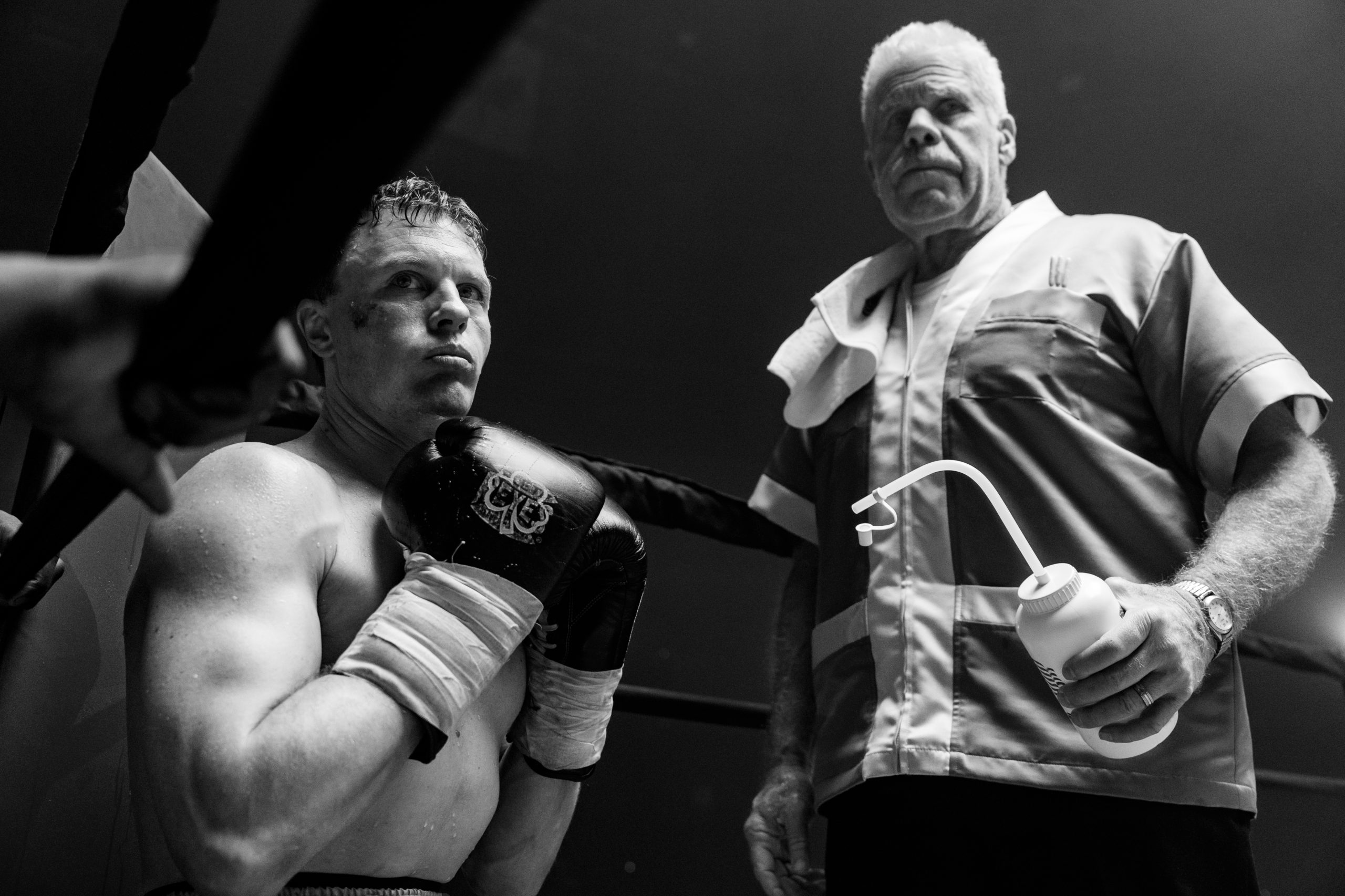
LATF: I’d like to talk about filming that fight scene. Can you talk about any complications and challenges with that?
Jack Huston: Well, you know, I didn’t want to make a boxing film. I want to make a film about a boxer. So I wanted to experience the life of Irish Mike before I got to the fight, because I wanted an audience, whether you like boxing or not. This isn’t a boxing movie. You can dislike boxing immensely and come to this film and love it because you go on this journey. So by the time you do get to the fight, you’re in his corner. You’ve gone on the journey of him. You understand his life. You understand his past. You understand he’s the underdog, the sort of redemptive journey that he is taking, this journey of forgiveness. And we only had a day and a half to shoot that fight. If you know how long it usually takes to shoot boxing scenes, matches in previous films, that’s a 10th, if not a 100th of what most big budget movies get.
It was all about trust. Not only was Mike in just the best condition and had been training for a year, if not the better part of a decade, but it was he and Cameron who, you know, was opposite him. They pretty much made contact and fought, but they would just go for rounds and I would point cameras and get my shots because I had the edit in my head. And I, it was like, don’t ask me questions. I promise I know what I’m doing here.
I know this is the point I hit all the moments, all the beats, and somehow we managed to get that entire fight in a day and a half, which we’re all pretty damn proud of.

LATF: You should be. How long was the entire shoot itself?
Jack Huston: 20 days.
LATF: 20 days, wow. Is this the beginning of seeing this clique, like you see in Hollywood with the same directors and actors often working together?
Jack Huston: I mean, I can only hope. I mean, you know, we’re the underdog. Our film’s the underdog. Films like this don’t get made that much anymore. And I wish they did. So I implore people to come up, come out, turn up for this film because they will have an experience. They will feel something. And it’s, this film is the reason I fell in love with cinema in the first place. So I want people to have that experience and be inspired.
Day of the Fight is now in theaters: https://www.dayofthefight.com/tickets/
Interview by Pamela Price
